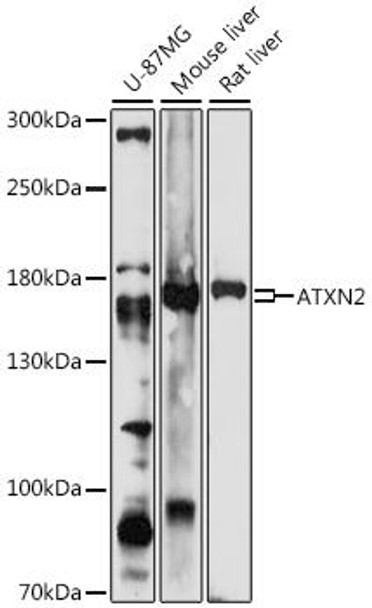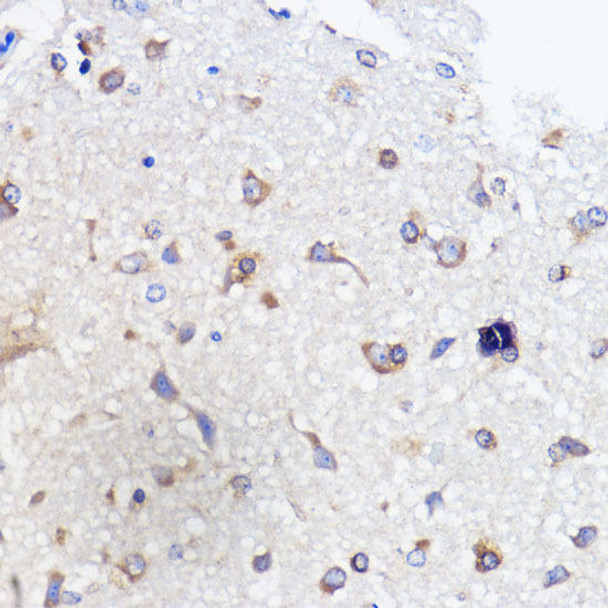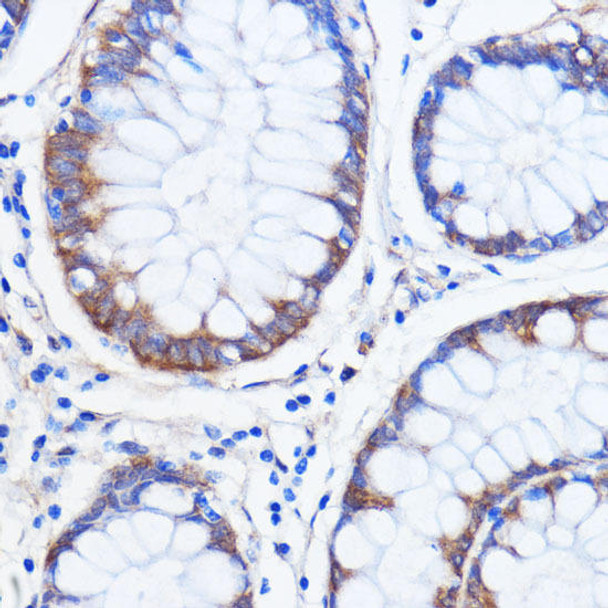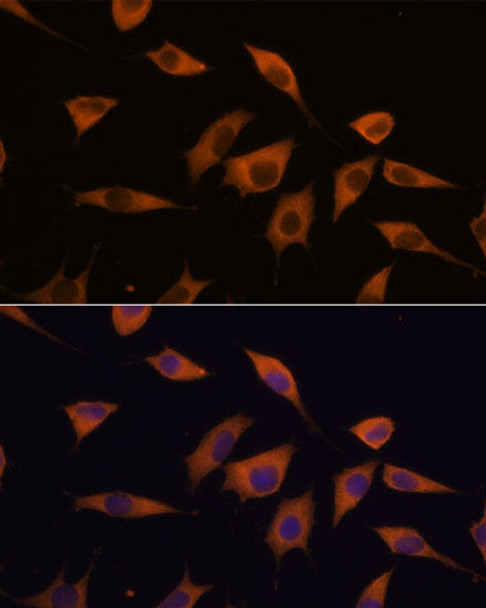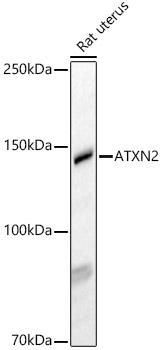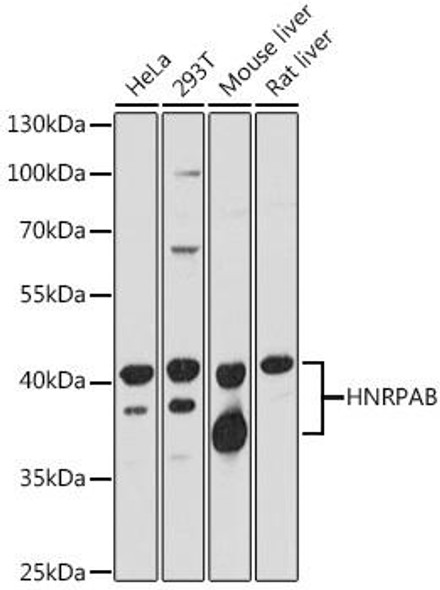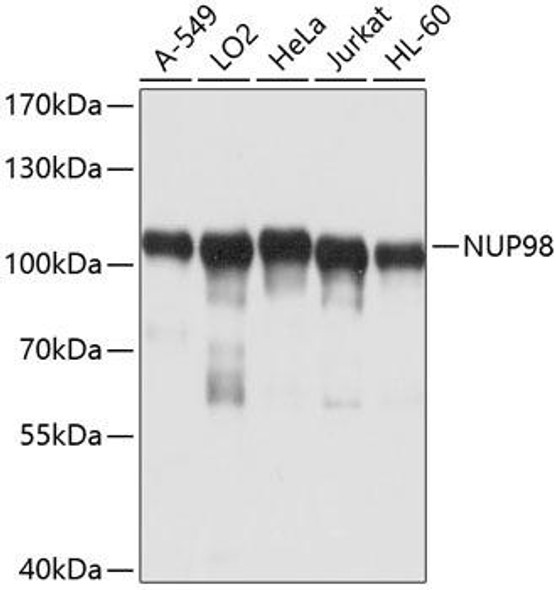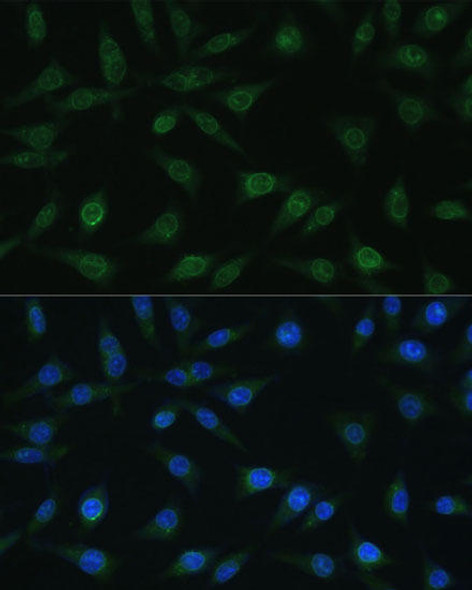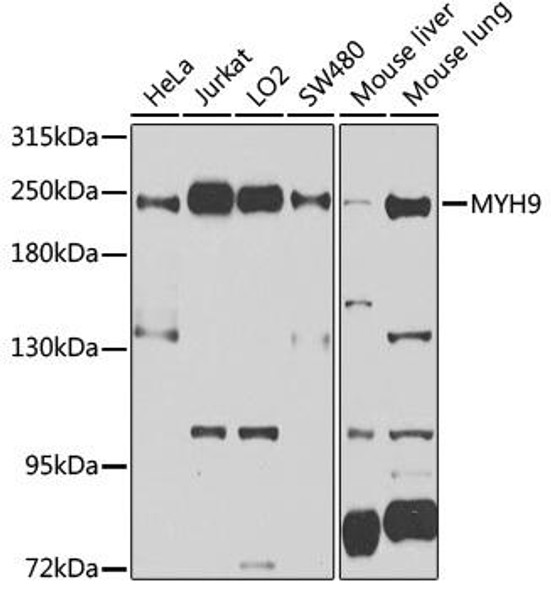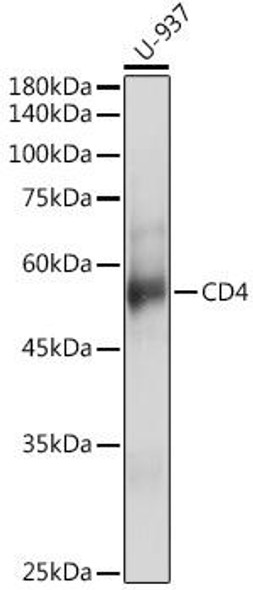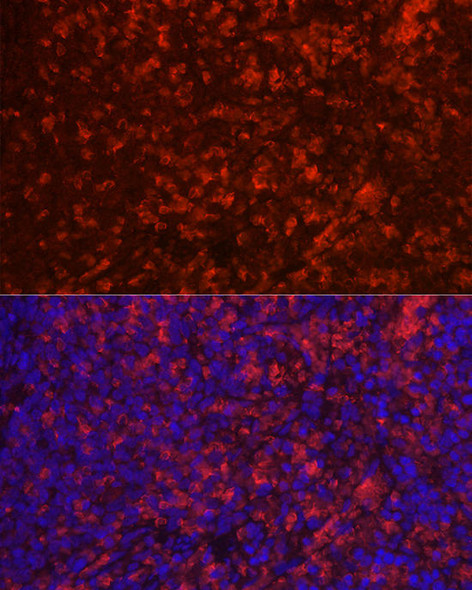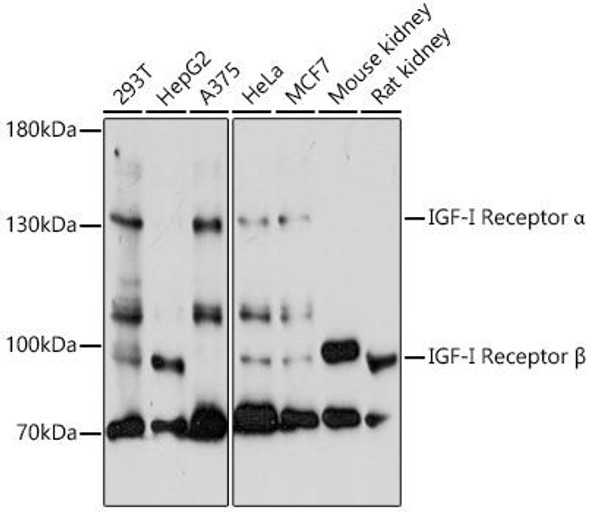Description
ATXN2 Rabbit Polyclonal Antibody (CAB16666)
The ATXN2 Polyclonal Antibody (CAB16666) is specifically designed for research involving ATXN2, a protein involved in RNA metabolism and neurodegenerative diseases such as spinocerebellar ataxia type 2. This antibody, raised in rabbits, is highly reactive with human samples and has been validated for use in various applications including Western blot and immunohistochemistry.ATXN2 is a critical factor in RNA processing and has been linked to the pathology of neurodegenerative diseases. The ATXN2 Polyclonal Antibody binds specifically to the ATXN2 protein, allowing for its detection and analysis in various cell types and tissues.
This makes it an invaluable tool for researchers studying the role of ATXN2 in neurological disorders and RNA metabolism.Understanding the function and regulation of ATXN2 is essential for developing targeted therapies for neurodegenerative diseases associated with this protein. The ATXN2 Polyclonal Antibody provides researchers with a reliable tool to further investigate the role of ATXN2 in disease pathology and potential therapeutic interventions.
| Product Name: | ATXN2 Rabbit Polyclonal Antibody |
| SKU: | CAB16666 |
| Size: | 20uL, 100uL |
| Isotype: | IgG |
| Host Species: | Rabbit |
| Reactivity: | Human,Mouse,Rat |
| Immunogen: | A synthetic peptide corresponding to a sequence within amino acids 1250-1331 of human ATXN2 (NP_002964.3). |
| Sequence: | HVQS GMVP SHPT AHAP MMLM TTQP PGGP QAAL AQSA LQPI PVST TAHF PYMT HPSV QAHH QQQL |
| Tested Applications: | WB IHC-P IF/ICC ELISA |
| Recommended Dilution: | WB,1:500 - 1:2000 IHC-P,1:50 - 1:200 IF/ICC,1:50 - 1:200 |
| Synonyms: | ATX2; SCA2; TNRC13; ATXN2 |
| Positive Sample: | Rat uterus |
| Conjugate: | Unconjugated |
| Cellular Localization: | Cytoplasm. |
| Calculated MW: | 140kDa |
| Observed MW: | 150kDa |
This gene belongs to a group of genes that is associated with microsatellite-expansion diseases, a class of neurological and neuromuscular disorders caused by expansion of short stretches of repetitive DNA. The protein encoded by this gene has two globular domains near the N-terminus, one of which contains a clathrin-mediated trans-Golgi signal and an endoplasmic reticulum exit signal. The encoded cytoplasmic protein localizes to the endoplasmic reticulum and plasma membrane, is involved in endocytosis, and modulates mTOR signals, modifying ribosomal translation and mitochondrial function. The N-terminal region of the protein contains a polyglutamine tract of 14-31 residues that can be expanded in the pathogenic state to 32-200 residues. Intermediate length expansions of this tract increase susceptibility to amyotrophic lateral sclerosis, while long expansions of this tract result in spinocerebellar ataxia-2, an autosomal-dominantly inherited, neurodegenerative disorder. Genome-wide association studies indicate that loss-of-function mutations in this gene may be associated with susceptibility to type I diabetes, obesity and hypertension. Alternative splicing results in multiple transcript variants.
| Purification Method: | Affinity purification |
| Gene ID: | 6311 |
| Storage Buffer: | Store at -20℃. Avoid freeze / thaw cycles.Buffer: PBS with 0.01% thimerosal,50% glycerol,pH7.3. |

